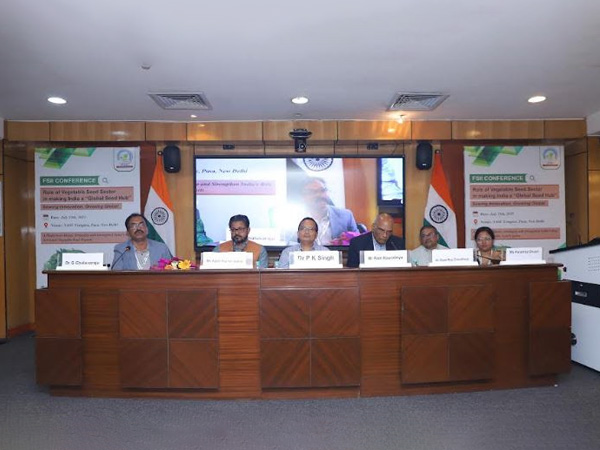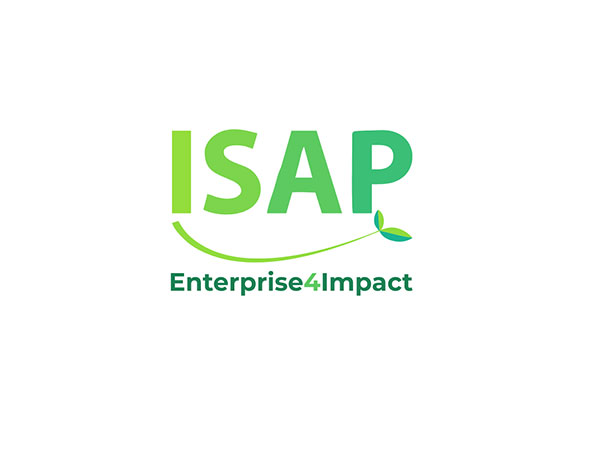Microsoft email block of ICC prosecutor fuels Dutch alarm over U.S. tech dependence
May 21, 2025

The Hague [Netherlands], May 21: The Dutch government is alarmed by Microsoft's controversial move of blocking the email account of Karim Khan, chief prosecutor of The Hague-headquarted International Criminal Court (ICC). In response, the authorities started reassessing the official digital infrastructure and exploring alternatives to U.S. technology providers.
According to Dutch newspaper De Volkskrant, Microsoft's suspension followed U.S. sanctions imposed by President Donald Trump in February, after the ICC issued an arrest warrant for Israeli Prime Minister Benjamin Netanyahu. As an American company, Microsoft complied with federal policy, effectively cutting Khan off from official communications via this block.
"This has raised red flags at all levels of government. Urgent evaluations of our digital exposure are now underway," a senior civil servant, speaking anonymously to De Volkskrant, said, noting that the incident has prompted urgent reassessments within the Dutch government.
Klaas Knot, president of the Dutch central bank, De Nederlandsche Bank (DNB), on Tuesday warned that key national systems are dependent on technologies controlled abroad. Even institutions that appear local often rely on core infrastructure from U.S. firms, he explained, citing iDEAL, the Dutch payment system, which depends on two American companies that account for over 60 percent of the European market.
Knot also raised concerns about the cloud services sector, noting that Dutch banks, corporations, and government agencies - including DNB itself - store sensitive data with providers such as Amazon, Google, and Microsoft.
In response, demand for domestic cloud providers has surged. Ludo Baauw, founder and chief executive officer of Intermax Group, a Rotterdam-based cloud services firm, said that at least 10 key public institutions have reached his company in recent weeks seeking alternatives to reduce their reliance on U.S. platforms.
Baauw said migrating away from Microsoft's infrastructure can take anywhere from six months to three years, depending on the project's complexity. Several government departments are deeply embedded in Microsoft's system, he explained, adding that even hiring practices also tend to favor candidates with Microsoft expertise, creating a path dependency that's hard to reverse.
Intermax is now helping some institutions store email backups within Dutch borders, to guard against potential Microsoft service disruptions, such as outages in Microsoft 365, De Volkskrant reported.
Source: Xinhua News Agency









